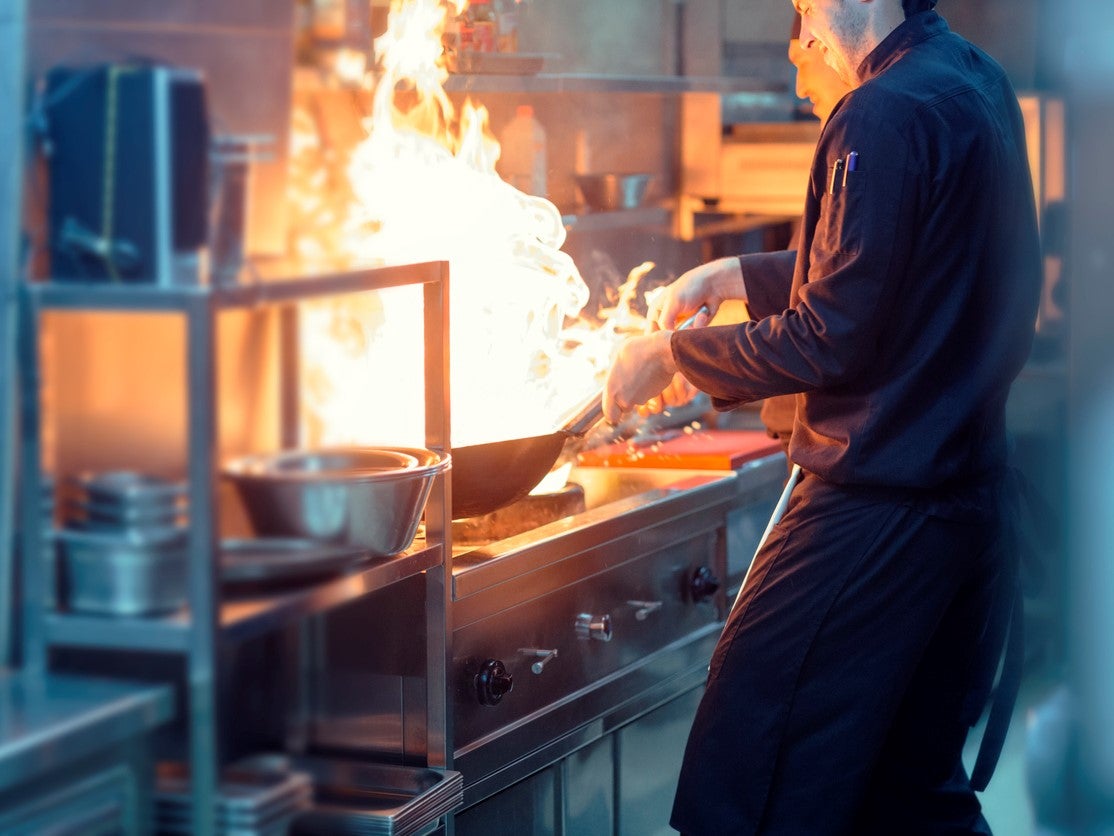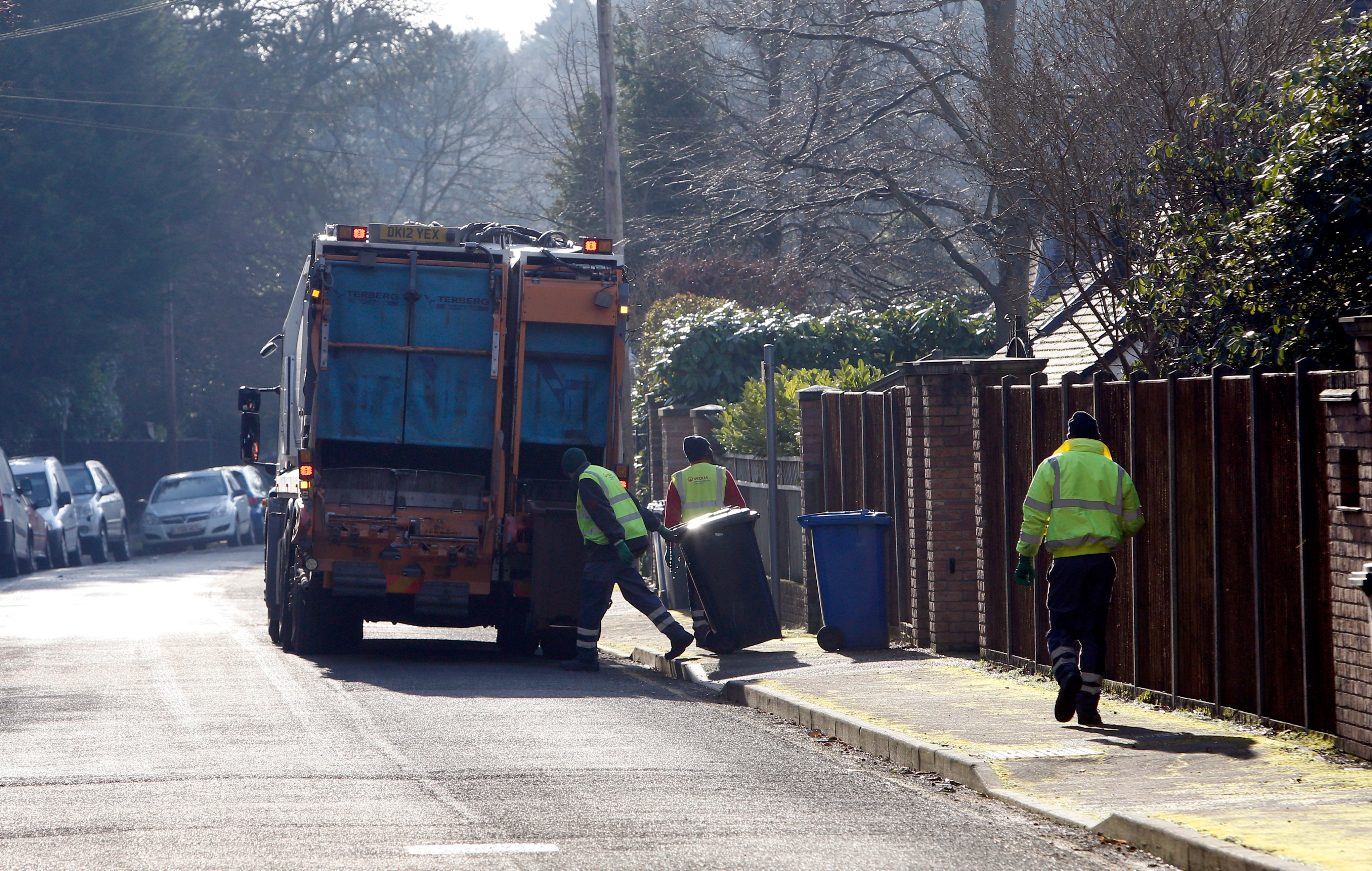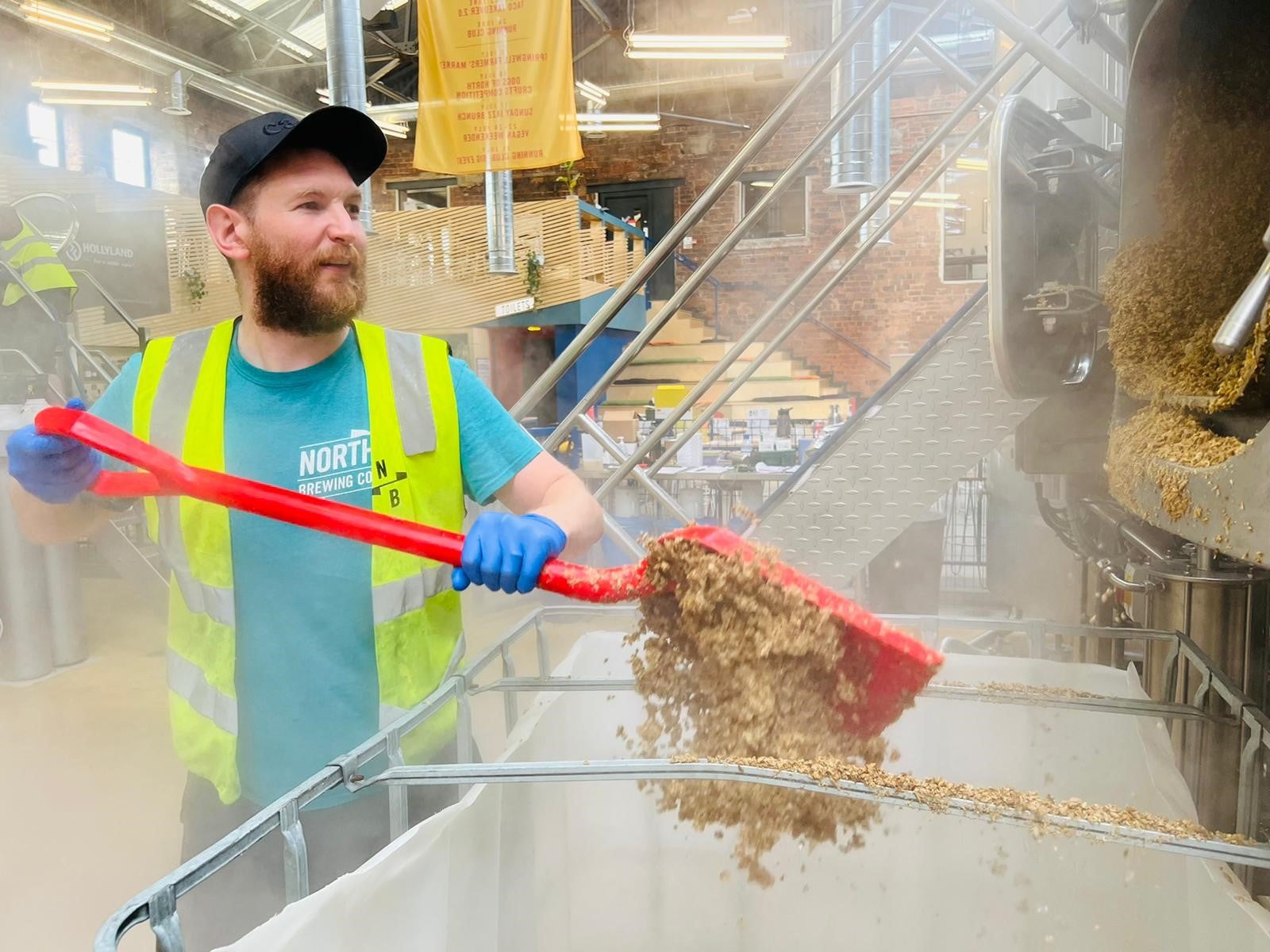Chafing chefs and boiling brewers: the hardest jobs to do in a heatwave
If you feel unlucky to be stuck in an office this week, read on: it could be worse...

Your support helps us to tell the story
From reproductive rights to climate change to Big Tech, The Independent is on the ground when the story is developing. Whether it's investigating the financials of Elon Musk's pro-Trump PAC or producing our latest documentary, 'The A Word', which shines a light on the American women fighting for reproductive rights, we know how important it is to parse out the facts from the messaging.
At such a critical moment in US history, we need reporters on the ground. Your donation allows us to keep sending journalists to speak to both sides of the story.
The Independent is trusted by Americans across the entire political spectrum. And unlike many other quality news outlets, we choose not to lock Americans out of our reporting and analysis with paywalls. We believe quality journalism should be available to everyone, paid for by those who can afford it.
Your support makes all the difference.As you spend the weekend sweating and in search of shade, you won’t need informing that Britain is enduring what may prove to be the hottest heatwave on record.
Temperatures are expected to soar above 35C on Sunday with modelling suggesting it could climb as high as 40C as people return to work on Monday and Tuesday.
For many of us, this will be uncomfortable. Unions have called for working from home to be allowed where possible, while many companies have relaxed dress codes. Reports suggest that in the City – one of London’s most formal working environments – straw hats have become a must-have accessory.
But for some professions the next few days – boater or not – look set to border on unbearable.
Here, then, are perhaps the five of the hardest jobs to do during an extreme heatwave, as described by the people who do them.
Welders
Inside the Sheffield forge owned by Richard Beatson, the temperature has been known to reach 54C. “I put a towel in cold water then wrap it around my neck,” he says. “Although even that doesn’t keep you cool for too long.”
Welding, soldering and brazing are among the hottest occupations done anywhere on the planet. Beatson uses a forge to generate temperatures of 1,000C that allows him to meld, mould, shape and fabricate metal. On cold days, working alongside it can get toasty. On hot days, it’s pretty much a health hazard.
“We strip down to our T-shirt, protective trousers and work boots,” he says. “Sometimes I think about getting rid of the T-shirt and trousers too.”
Spray bottles of water are kept around the place while fans are set up on various surfaces. But, even taking this into account, the apex of the coming heatwave looks especially ferocious. “We’ll start at 6am on Monday and try to finish before the worst of the heat comes,” he says. “What else can we do? It’s our job.”

Chefs
So hot does it get it in restaurant kitchens during summer months that workers are known to fear an especially unpleasant ailment: chef’s arse. With so many sources of heat at waist level – the hobs and the ovens – the sweat on one’s backside causes agonising chafing. “You need to put a bit of soft cornflour down there,” says Peter Kinsella, owner and head chef at the Lunya in Liverpool city centre. “That eases the rubbing.”
Few kitchens have air conditioning – it’s expensive and space-consuming – meaning that the warm months are brutal. “You drink a litre of water every hour and you sweat so much you still don’t need the loo for the entire shift,” says Mr Kinsella. “That’s probably not healthy, is it?”
Heatwaves aren’t even that good for business. Hot nights tend to mean people host barbeques instead of eating out.
Still the 58-year-old wouldn’t change it for the world. “When you look out from the kitchen and people are enjoying your food, there’s no reward like it,” he says.
Refuse workers
Bin workers face all the usual issues associated with grafting long outdoor hours in hot weather – including sunstroke and heat exhaustion – but, for them there is also a uniquely disagreeable challenge to boot: dealing with the sensory overload that comes with collecting waste in warm weather.
“Sensory overload?” repeats Craig Dale, the assistant director in charge of waste collection with Oldham Borough Council. “You mean the bins stinking? They do but you get used to it. You don’t have to put your faces in them or anything.”

While some councils bring forward collection times in intense heat to allow rounds to be finished before midday, most work on the belief that such a change creates more problems than it solves. “People are creatures of habit,” says Mr Dale. “If you move forward [the time bins are collected], 50 per cent of residents wouldn’t have their bins ready so we’d have to go round again later anyway.”
As such, there is little mitigation for refuse workers beyond wearing a hat and suncream, and carrying a bottle of water. That they keep going anyway is proof that these are some of the country’s most heroic professionals.
Teachers
Teaching might not be an obvious one for inclusion in this list but it’s a profession where staff are essentially working with a raw resource that degrades in high temperatures: children’s concentration.
“In some heat, you do have to accept that certain lesson plans need to be adjusted because students will struggle to stay focused for a full hour,” says Ben Mallinson, principal at the Ruth Gorse Academy in Leeds.
Classrooms can be uncomfortably hot. Old school buildings tend to be poorly insulated, while more modern ones – often featuring lots of glass – have a habit of trapping heat. Uniforms, by their very essence, can feel constrictive as temperatures rise.
“As teachers, you have to use your emotional intelligence to adapt to a changing situation,” says Mr Mallinson. “Tweaking how lessons work, changing PE sessions, even thinking about the dress code – those decisions aren’t made lightly but sometimes they are important.”
There are positives, too, he insists. Warm weather can provide a huge morale boost for young people. “If students have spent lunchtime sat outside in the shade, getting fresh air, that does create a real feel-good mood,” he says.

Brewers
While many people might enjoy a cold beer in the sun, the process of making a good drop in hot weather is a difficult and stifling task.
Brewers work alongside vast kettles of boiling water and wort. There is steam, heat and hard physical labour as huge bags of ingredients are lugged around. Workers tend to have to dress in protective gloves and high-viz jackets. Quite often, they are doing all this in old converted buildings: freezing in winter and airless in summer.
“You start sweating almost as soon as you clock on,” says Christian Townsley, co-founder of North Brewing in Leeds, which knocks out three million pints a year. “And you don’t stop all day.”
There are, at least, a couple of upsides. One: the massive onsite refrigerator where workers can often be found cooling down. And two: an end-of-shift drink to look forward to.
Join our commenting forum
Join thought-provoking conversations, follow other Independent readers and see their replies
Comments